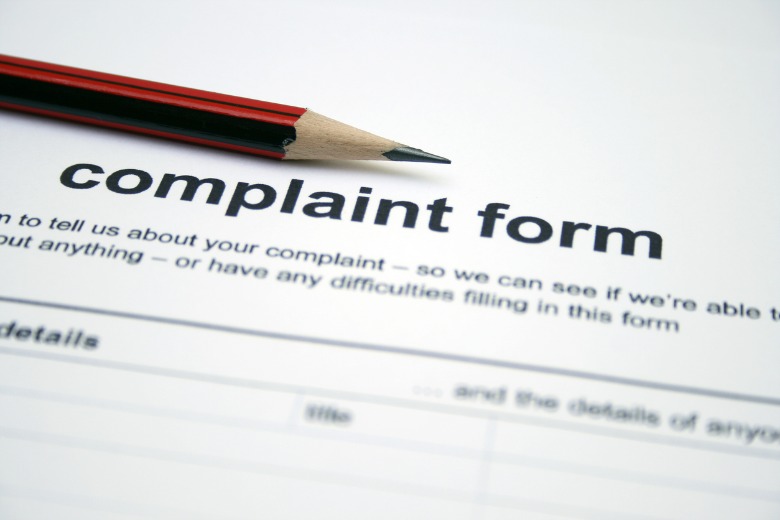
One in three allegations investigated by Victoria’s local government watchdog over the last year were about conflicts of interest, figures contained in its annual report show.

The Local Government Inspectorate, the dedicated integrity agency for local government in the state, is responsible for investigating offences and breaches under the Local Government Act.
Its annual report released on Thursday shows it completed 203 investigations in the 2021-22 financial year and issued 132 warnings.
That’s a fourfold increase from 2020-21, where the Inspectorate completed 51 investigations, and issued 164 warnings.
Thirty-four per cent of allegations investigated last year concerned conflicts of interest, while 17 per cent related to misuse of position and six per cent were about the release of confidential information.
Two per cent raised allegations of directing council staff and 41 per cent raised allegations of other matters such as electoral offences, eligibility to be a councillor, and serious misconduct.
However, despite the large proportion of conflict of interest investigations, only two warnings about conflicts were issued.
A total of 108 warnings were for failures to submit an election campaign donation return, 20 were issued to real estate agents who inappropriately voted on behalf of persons for whom they manage properties, and two were for personal interests returns failings.
Increasing workload
The number of allegations investigated is increasing year-on-year, chief municipal inspector Michael Stefanovic says, and investigators have seen a steady increase in their workload.
He says the increased number of allegations is a sign that the community is expecting higher standards from local government.
However, he says the inspectorate has been forced to find ways of cutting costs, including issuing fines in lieu of the more costly approach of pursuing criminal matters in the courts.
“In a tighter fiscal environment, we have looked at methods for reducing enforcement costs, such as fines for non-compliance with the Act,” Mr Stefanovic said.
“We are working with Local Government Victoria to find cost-effective options to address breaches and offences against the Act.”
Mr Sefanovic said an accountable and trustworthy local government sector relied on transparency from elected officials and those employed by councils to deliver services to the public.
“Our oversight and the support of the public in reporting allegations of wrongdoing helps keep our councils and councillors working in the best interests of the communities they serve,” he said.
Comment below to have your say on this story.
If you have a news story or tip-off, get in touch at editorial@governmentnews.com.au.
Sign up to the Government News newsletter
Most read
CEO on leave as minister launches probe into council
Qld council welcomes progress on massive battery system
‘Local’ procurement turns out not to be so local, committee hears
MoG changes see regions, investment return to NSW Premier’s Department
15 councils participate in SA emissions reduction trial